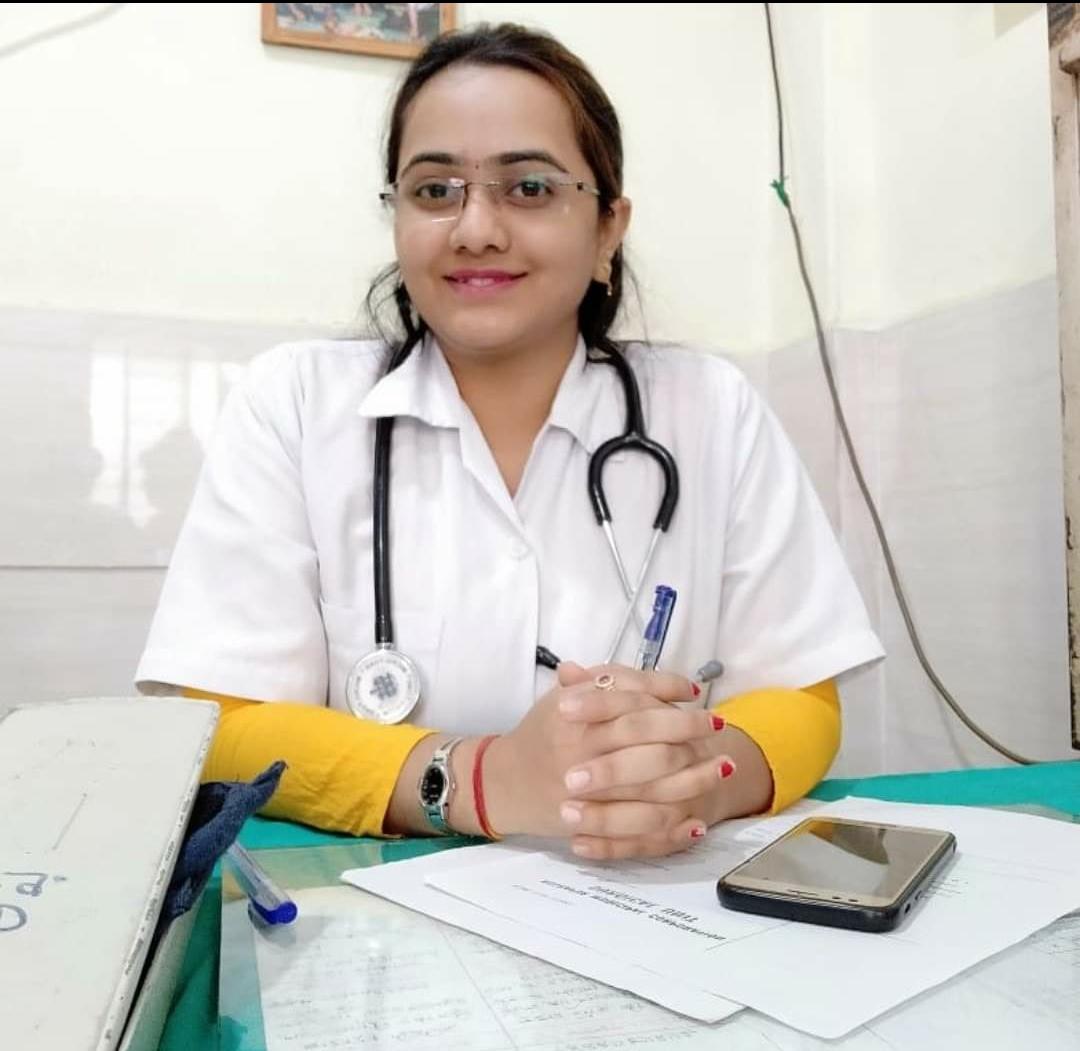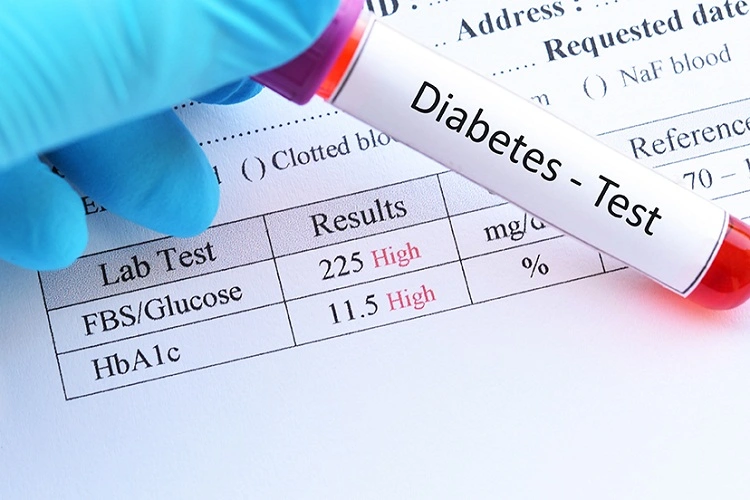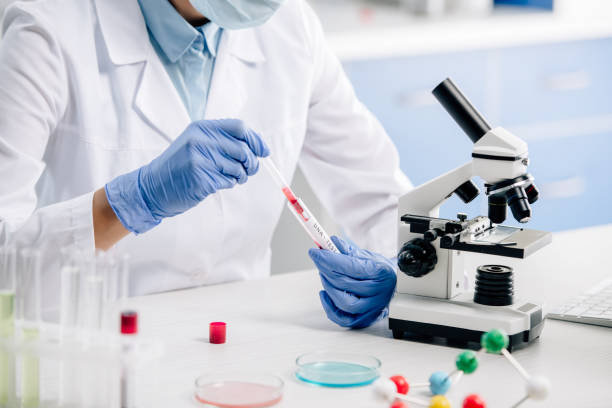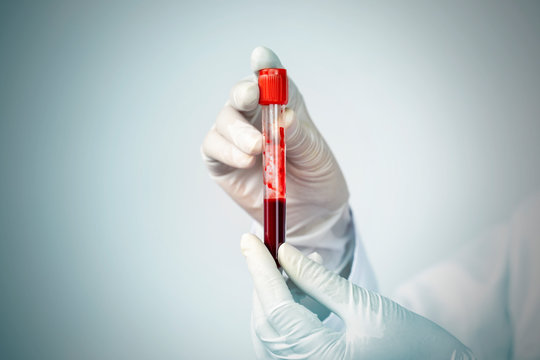Managing blood sugar levels is crucial for maintaining overall health, especially for those at risk of diabetes or managing the condition. At Sunrise Diagnostic Center, led by Dr. Karishma Shinde, we offer a range of blood sugar tests to help you monitor your health effectively. Understanding the different types of tests available can help you make informed decisions about your health management. In this blog, we’ll explore the most common blood sugar tests, their purposes, and how to determine which one is right for you.
Table of Contents
1. Fasting Blood Glucose Test
The fasting blood glucose test measures blood sugar levels after an overnight fast (at least 8 hours without food or drink). This test is often the first step in diagnosing diabetes or prediabetes. A normal fasting blood sugar level is typically between 70 and 99 mg/dL. Levels between 100 and 125 mg/dL indicate prediabetes, while levels of 126 mg/dL or higher suggest diabetes.
Who Should Get This Test?
- Individuals with risk factors for diabetes (family history, obesity, sedentary lifestyle).
- Those experiencing symptoms of high blood sugar, such as increased thirst, frequent urination, or fatigue.
2. Oral Glucose Tolerance Test (OGTT)
The oral glucose tolerance test is a more comprehensive test that evaluates how your body processes sugar. After fasting, you will drink a glucose solution, and your blood sugar levels will be measured at intervals (usually at 1 and 2 hours post-ingestion). A normal result is typically below 140 mg/dL after 2 hours, while a level between 140 and 199 mg/dL indicates prediabetes, and 200 mg/dL or higher suggests diabetes.
Who Should Get This Test?
- Individuals at high risk for type 2 diabetes, particularly those with obesity or a family history.
- Pregnant women, as it is commonly used to diagnose gestational diabetes.
3. Hemoglobin A1c Test (HbA1c)
The hemoglobin A1c test provides an average of your blood sugar levels over the past 2 to 3 months. This test measures the percentage of hemoglobin proteins in your blood that are coated with sugar. A normal A1c level is below 5.7%. Levels between 5.7% and 6.4% indicate prediabetes, while 6.5% or higher suggests diabetes.
Who Should Get This Test?
- Individuals already diagnosed with diabetes to monitor their long-term blood sugar control.
- Those at risk for diabetes as part of routine screening.
4. Random Blood Glucose Test
The random blood glucose test measures blood sugar levels at any time of the day, regardless of when you last ate. This test is often used in emergency situations to assess for diabetes or hyperglycemia. A result of 200 mg/dL or higher, alongside symptoms of high blood sugar, indicates diabetes.
Who Should Get This Test?
- Individuals experiencing severe symptoms of high blood sugar.
- People with known diabetes who need immediate testing for blood sugar spikes.
5. Continuous Glucose Monitoring (CGM)
Continuous glucose monitoring systems provide real-time blood sugar readings throughout the day and night. A small sensor is inserted under the skin, typically on the abdomen, and measures glucose levels in the interstitial fluid. This information is sent to a device that displays your glucose levels and trends.
Who Should Get This Test?
- Individuals with type 1 diabetes or those on insulin therapy.
- Patients need more frequent monitoring due to fluctuating blood sugar levels.
Choosing the Right Test
Choosing the appropriate blood sugar test depends on various factors, including your health status, risk factors, and physician recommendations. Consulting with Dr. Karishma Shinde at Sunrise Diagnostic Center can help determine the best testing option for you. Here are some considerations:
- Health History: If you have a family history of diabetes or are experiencing symptoms, starting with a fasting blood glucose test may be advisable.
- Routine Monitoring: If you already have diabetes, regular A1c tests will help manage your condition effectively.
- Special Circumstances: Pregnant women should discuss the OGTT with their healthcare provider to ensure proper monitoring during pregnancy.
Conclusion
Understanding the different types of blood sugar tests is essential for effective diabetes management and overall health. At Sunrise Diagnostic Center, we are committed to providing comprehensive testing and personalized care to meet your health needs. Regular testing and monitoring can help you maintain healthy blood sugar levels and prevent complications. If you have concerns about your blood sugar levels or would like to schedule a test, contact us today to speak with Dr. Karishma Shinde and take the first step towards better health!
Frequently Asked Questions (FAQs)
1. What is the best blood sugar test to diagnose diabetes?
The Fasting Blood Glucose Test is usually the first choice to diagnose diabetes. It measures blood sugar after 8 hours of fasting and helps detect both diabetes and prediabetes quickly.
2. What does the HbA1c test show?
The HbA1c test shows your average blood sugar levels over 2–3 months. It is commonly used to monitor long-term diabetes control.
3. How is the Oral Glucose Tolerance Test (OGTT) used?
The OGTT test checks how your body processes sugar. It is mainly used for diagnosing type 2 diabetes and gestational diabetes in pregnant women.
4. When should I get a random blood sugar test?
A Random Blood Sugar Test is ideal when you have symptoms like increased thirst, frequent urination, or sudden fatigue. It provides quick results anytime, without fasting.
5. Who needs continuous glucose monitoring (CGM)?
CGM is recommended for people with type 1 diabetes, insulin-dependent type 2 diabetes, or those with fluctuating blood sugar levels who need real-time tracking.
6. What are normal fasting blood sugar levels?
Normal fasting blood sugar levels range from 70–99 mg/dL. Levels above this may indicate prediabetes or diabetes.
7. How often should I do a blood sugar test?
Your testing frequency depends on your health condition. People with diabetes may need regular A1c tests every 3 months, while others may test yearly for screening.
8. Which blood sugar test is best for routine diabetes monitoring?
The HbA1c test is best for routine diabetes monitoring because it shows long-term blood sugar control, not just daily fluctuations.
Phone: 9028801188, 9028566644, 9028566611
Address: Ground Floor, Shop No. 2, Business Hub Building Opp. Mirch Masala Hotel, Near Vandevi Mandir Karve Road, Karve Nagar, Kothrud, Pune, Maharashtra 411038

Dr. Karishma Shinde, B.H.M.S (MUHS Nashik) PGD, EMS (RHC Pune and the Director of Sunrise diagnostics Centre along with her team works with a vision of rendering care for the happiness of humankind and freedom from illness.




